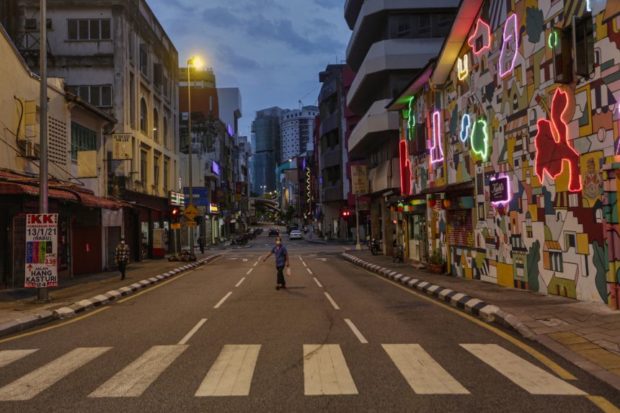US to downgrade Malaysia to lowest tier in trafficking report — sources
The U.S. State Department will downgrade Malaysia to the lowest ranking in its closely watched annual report on human trafficking to be released later on Thursday, two sources familiar with the matter told Reuters.
Malaysia will fall to “Tier 3” after spending three years on the “Tier 2 Watchlist” in this year’s Trafficking in Persons (TIP) report, the sources said.
The sources did not want to be identified as they were not authorized to talk to media.
The U.S. embassy in Kuala Lumpur declined to comment ahead of the report launch, which the State Department has scheduled for 1700 GMT on Thursday.
Reuters has contacted the State Department, but could not reach a spokesperson outside of regular U.S. business hours.
Article continues after this advertisementMalaysia’s home ministry did not have an immediate comment.
Article continues after this advertisementThe State Department ranks countries in Tier 3 for failing to comply with the minimum standards for eliminating trafficking or make significant efforts to comply.
A Tier 3 ranking could possibly affect Malaysia’s access to some U.S. aid.
Malaysia is a known destination for trafficking victims.
The Southeast Asian nation depends on millions of migrant workers to work in factories and plantations. It is also home to over 170,000 registered refugees and asylum seekers, most of them Rohingya from Myanmar.
The 2020 TIP report said that while Malaysia was taking steps to eliminate trafficking, official complicity undermined anti-trafficking efforts.
The number of labor trafficking investigations was also low compared to the scale of the problem, it said.
In the past year, the U.S. Customs and Border Protection (CBP) imposed import bans on three Malaysian companies over allegations of forced labor used in their operations.
Labor rights activists have petitioned the CBP to investigate more Malaysian firms over labor concerns.
A senior police official told Reuters on Wednesday that forced labor in Malaysia was not a widespread problem or “out of control.”
